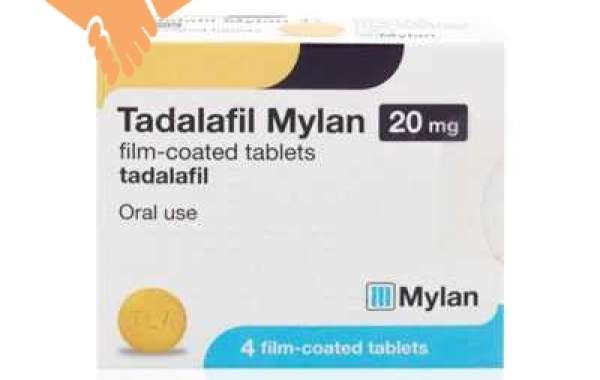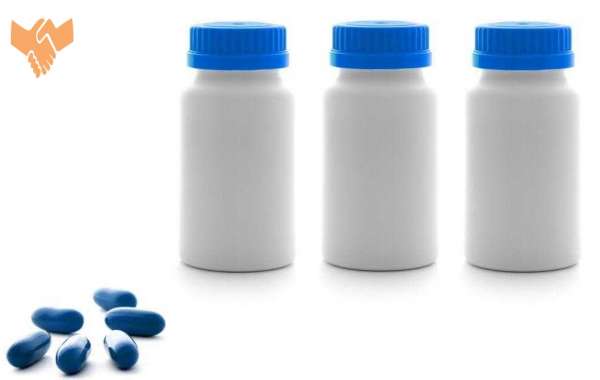Introduction:
The field of addiction nursing is critical in addressing the complex needs of individuals with substance use disorders. Beyond direct patient care, addiction nurses play a vital role in advocacy and policy-making to improve the health outcomes and quality of life for those affected by addiction. This article explores the importance of advocacy and policy in addiction nursing, highlighting strategies that nurses can use to influence change, improve access to care, and promote a more compassionate and effective response to addiction.
The Role of Advocacy in Addiction Nursing:
Advocacy in nursing involves using one’s knowledge, skills, and influence to promote changes that benefit nurs fpx 4030 assessment 3 questions and an evidence based approach nr patients and the healthcare system. For addiction nurses, advocacy is essential in addressing the systemic barriers that hinder effective treatment and recovery for individuals with substance use disorders.
Addiction nurses advocate for their patients by:
Raising Awareness: Educating the public, healthcare professionals, and policymakers about the nature of addiction, its impact on individuals and families, and the need for evidence-based treatment approaches.
Promoting Access to Care: Advocating for policies that increase access to addiction treatment services, nurs fpx 4030 assessment 4 remote collaboration and evidence based care jj including medication-assisted treatment (MAT), counseling, and harm reduction programs.
Combating Stigma: Challenging the stigma associated with addiction by promoting understanding and compassion, and emphasizing that addiction is a medical condition, not a moral failing.
Supporting Harm Reduction: Advocating for harm reduction strategies, such as needle exchange programs and supervised consumption sites, which reduce the negative health outcomes associated with substance use.
Strategies for Effective Advocacy:
Addiction nurses can employ several strategies to advocate for policy changes that improve addiction care and support recovery.
- Education and Training:
Continuous Learning: Stay informed about the latest research, treatment modalities, and best practices in addiction care.
Professional Development: Participate in workshops, seminars, and conferences focused on addiction nursing and nurs fpx 4030 assessment 4 remote collaboration and evidence based care ps advocacy skills.
Public Education: Conduct community outreach programs to educate the public about addiction, treatment options, and the importance of a supportive environment for recovery.
- Building Coalitions:
Collaborative Efforts: Work with other healthcare professionals, social workers, mental health experts, and community organizations to form coalitions that advocate for comprehensive addiction treatment services.
Patient Advocacy Groups: Support and collaborate with patient advocacy groups that represent the interests and needs of individuals with substance use disorders and their families.
- Engaging Policymakers:
Policy Development: Participate in the development of policies at the local, state, and national levels that promote nurs fpx 4030 assessment1 locating credible databases and research jj access to addiction treatment and harm reduction services.
Legislative Advocacy: Engage with legislators to advocate for funding, support, and implementation of addiction treatment programs. This may involve writing letters, attending meetings, and providing testimony at legislative hearings.
Advisory Roles: Serve on advisory boards or committees that influence healthcare policy and decision-making.
- Using Data and Research:
Evidence-Based Practice: Utilize research and data to support advocacy efforts, demonstrating the effectiveness of addiction treatment programs and harm reduction strategies.
Outcome Measures: Collect and analyze data on patient outcomes to highlight the impact of nursing interventions and advocate for necessary resources and support.
- Media and Communication:
Public Awareness Campaigns: Use media platforms to raise awareness about addiction, share success stories, and reduce stigma.
Social Media Advocacy: Leverage social media to disseminate information, connect with advocacy networks, and nurs fpx 4030 determining the credibility of evidence and resources engage with a broader audience.
Policy Changes to Support Addiction Nursing:
Effective advocacy can lead to significant policy changes that enhance addiction treatment and support the role of nurses in this field.
- Increased Funding for Addiction Services:
- Advocate for increased funding for addiction treatment programs, including MAT, inpatient and outpatient services, and community-based support.
- Support initiatives that allocate resources for training and hiring more addiction nurses and specialists.
- Integration of Addiction Treatment into Primary Care:
- Promote policies that integrate addiction screening and treatment into primary care settings, ensuring that individuals receive timely and comprehensive care.
- Encourage the nurs fpx 4040 assessment 1 nursing informatics in health care jj use of screening tools, brief interventions, and referrals to specialized addiction services within primary care practices.
- Expansion of Harm Reduction Programs:
- Advocate for the expansion of harm reduction programs, such as needle exchange services, supervised consumption sites, and access to naloxone.
- Support policies that decriminalize drug possession and prioritize public health approaches over punitive measures.
- Mental Health Parity:
- Support policies that enforce mental health parity, ensuring that insurance plans provide equal coverage for addiction treatment as they do for other medical conditions.
- Advocate for the elimination of barriers to accessing mental health and addiction services, such as prior authorization requirements and limited provider networks.
- Workforce Development:
- Promote initiatives that provide funding for addiction nursing education and training programs, addressing the shortage of skilled addiction nurses.
- Support policies that offer loan forgiveness and financial incentives for nurses who specialize in addiction care and work in underserved areas.
Conclusion:
Advocacy and policy work are integral components of addiction nursing, enabling nurses to influence positive change and improve the care and outcomes for individuals with substance use disorders. By employing strategic advocacy efforts, building coalitions, engaging with policymakers, and leveraging data and research, addiction nurses can drive policy changes that enhance access to care, reduce stigma, and promote recovery. Through their dedication and commitment to advocacy, addiction nurses can create a more compassionate and effective healthcare system that supports the needs of individuals and families affected by addiction.








